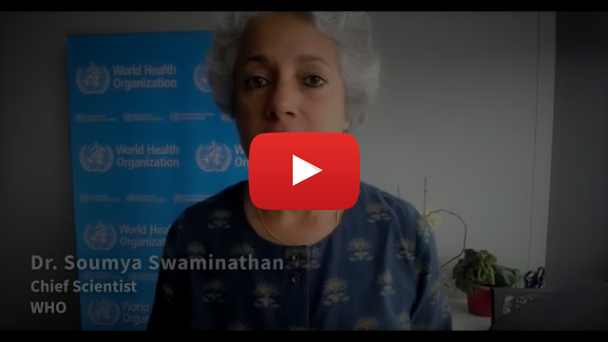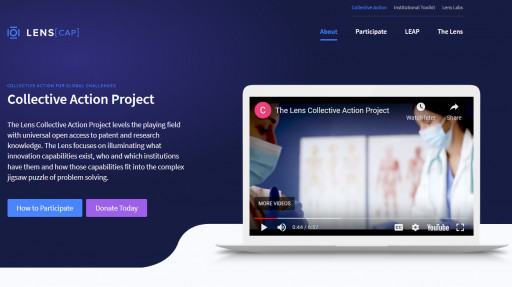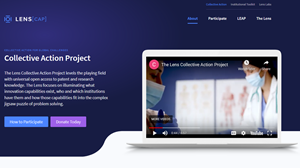Solving COVID and Climate: 'Innovation Without Borders'
CANBERRA, Australia, Sept. 14, 2021 (GLOBE NEWSWIRE) -- Our crises are shared. So must be our solutions. Business as usual will not get us there. We need to jump-start inclusive and deliberate problem-solving that engages all the world's people and institutions in evidence-driven partnerships. The Lens is set to enable this change.
Today, The Lens announces the launch of the Collective Action Project - a multi-year initiative to enable open innovation knowledge for solving problems together. Comprising a massive collection of over 134M global patents linked with 236M research publication records and hundreds of millions of genetic sequences extracted from patents, with powerful analytics, and institutional tools, The Lens is the world's largest science and technology resource for both public sector, civil society and businesses, built on open data.
Developed in consultation with leadership at the WHO, WIPO, CEPI, World Trade Organization, UNEP, the Office of the Principal Scientific Advisor of India, and leading universities, and guided by the Lens Equitable Access Program (LEAP), the project will ensure open access to shared innovation knowledge and inclusive institutional uses of the data and tools needed to solve our collective crises under terms that make it a community-supported platform.
This release features the largest increase in patent and scholarly capability data and analysis in Lens' 20-year history, leading to new clarity in global patenting. Using global patent status analysis, Lens has found that of the nearly 14 million granted patents that are currently 'in force' worldwide, almost 99% of them have rights in fewer than 20 countries. Fewer than 1% of patents have any rights at all in countries across the Global South. This observation shifts the narrative around patents towards its original purpose of putting knowledge in the public domain to stimulate innovation.
Collective Action needs Connected Actors.
Science, however remarkable, does not solve problems by itself. It must be well integrated with many diverse capabilities, and bound by shared incentives and knowledge. These capabilities - including business, law, policy, and more, are typically found in guilds of practice with distinct types of knowledge.
The Collective Action Project will enable bridging these domain and expertise boundaries and removing roadblocks to science- and technology-enabled problem-solving and the partnering it requires. Building on its newly released Report Builder features, Lens CAP will lead to cooperative mapping of the partnerships, opportunities, risks and trajectories needed to achieve the massive scale and speed we need to cope with crises.
Summary of key points:
- The Lens launches the Collective Action Project (CAP), a new multi-year initiative to replace closed, proprietary innovation knowledge with open, reusable and shareable public knowledge.
- Discovery and analysis of innovation knowledge is a multi-billion dollar industry that uses closed data, charging exorbitant fees to find public knowledge, keeping innovators in silos and excluding most of the world from accessing this knowledge.
- The Lens is a global platform that will reverse this situation, dropping costs, saving the public sector 100s of millions of dollars and making 'open' a default
- The Lens Equitable Access Program (LEAP) ensures a level playing field.
- LEAP guarantees every human free and unsurveilled use of Lens.org and its open data.
- LEAP guarantees every institution will have access to an Institutional Toolkit with low tiered fees leading to community-supported sustainable open infrastructure.
- Public-good institutions in 130 countries across the Global South will get Institutional Toolkits free of cost.
- The Lens releases a massive upgrade to provide the world's first integrated open research and patent platform with over 120 searchable fields, powerful analytics, APIs and global patent legal status.
- Nearly 99% of all granted patents are only in force in the richest 10-20 countries. For the rest of the world, these patents are public domain.
View the full Press Release, read more about the Collective Action Project or watch the accompanying launch video. For more information, please contact info@lens.org

Related Files
The Lens Collective Action Project - Press Kit.pdf
Related Images

Image 1: The Lens Collective Action Project
This content was issued through the press release distribution service at Newswire.com.
Attachment






